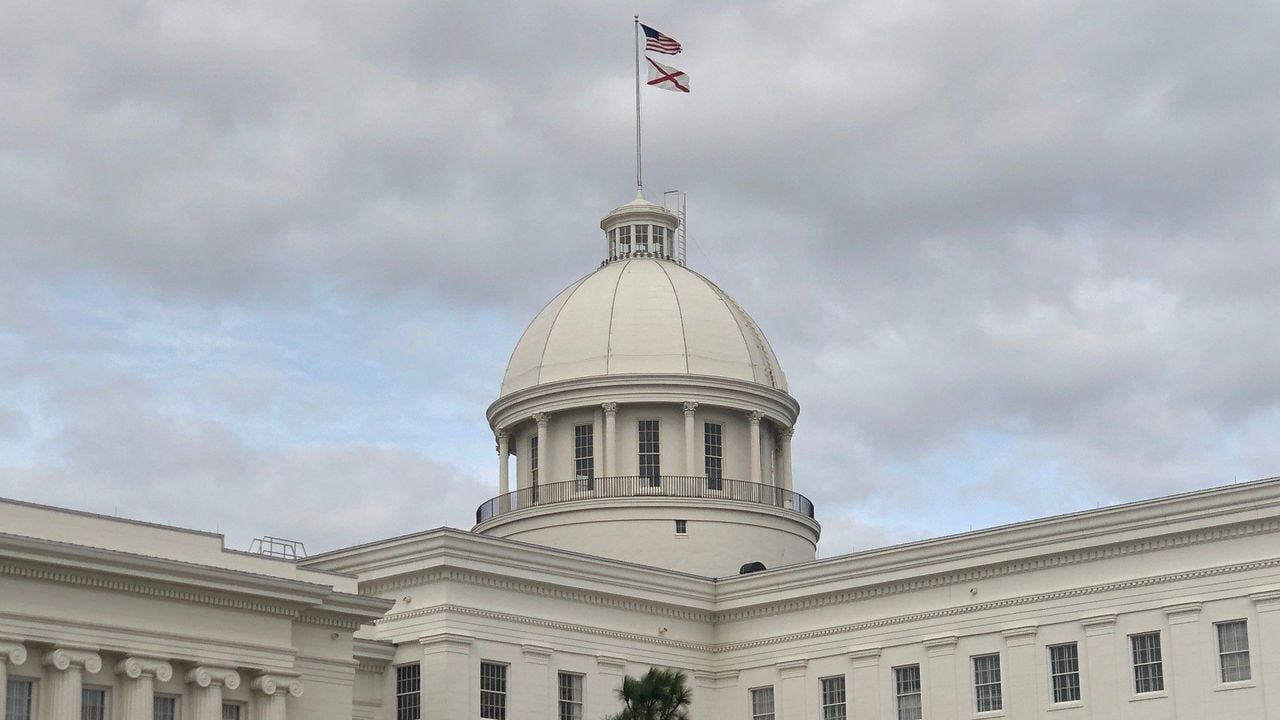Guest opinion: The land of the free-ish – Alabama and the DEI ban bill
This is a guest opinion column
When my mother came to the United States to study Journalism at the University of North Carolina at Chapel Hill, back in the 1950′s, she witnessed in horror how the KKK could freely march through campus singing “Holy holy segregation, down to hell with integration, holy holy segregation, the South will rise again”. She also recalls her roommate’s sudden animosity, once she heard that my mother had befriended an African American student. And my mother was born and raised in a country, Colombia, which is considered, even today, part of the “Third World.” But the United States’ conservatives always find ways to resist change and progress, moving the clocks back in time.
The DEI ban bill that is currently being discussed in our state Senate in Alabama, where Republicans are trying to mandate what college professors should teach or not teach, speaks volumes to this trend. While politicians of all the other developed nations would not dare telling a professor how to teach their courses or what to add to the syllabus, American conservatives, backed by evil billionaires, want to turn universities campuses into large homeschool facilities, where only their viewpoint will be taught. I can only imagine what the Sorbonne (university) professors would do if any of the French politicians even dared to mention what books should be used in their courses.
With this in mind, it is clear that the American concept, the “land of the free’’ sounds great but it is fundamentally limited, dangerous, and very problematic, especially because it only works for white conservatives. This danger is especially true when people with no pedagogical knowledge, decide what public university professors should teach and what they should not.
This intrusion is problematic, not in theory: we have seen in the past what extremism based on ignorance and prejudice can do to a nation. We saw it in Germany, we see it in Palestine, and we are seeing it in the United States in 2024.
As a college professor and a journalist, I have analyzed the limits of what academics can say and do in my home country and here, and it boggles me to see how, to this day, professors in Colombia have a larger academic freedom than professors in the U.S. If we measure the level of development of a country based only on that, we would have to redefine how developed this country really is.
Banning course curricula, based solely on a feeling, because you feel it is unfair for white adolescents to learn what their ancestors did and feel bad about it, is the core of all dogmatic and dictatorial doctrines: “I will only allow what makes me happy and what makes me look good”. Behind this premise, is the attempt to bury the very real segregation of African Americans, the discrimination against women, the LGBTQ+ community, immigrants, Native Americans and refusing the imperative of paying a historic debt with affirmative action programs and with the inclusion of their history in our curricula that no one, in a modern nation, would dare to ban. The banning of books, the banning of college curricula is the mere opposite of what a “land of the free’’ stands for, and what it should guarantee.
Going against diversity, equity, and inclusion, forcing kids to go to a specific bathroom, is unacceptable in the modern world, and Republican senators in Alabama should be humble enough to realize their need to open their horizons, to read history books and to go on the right side of history. And, more importantly, they should leave education in the hands of experts in pedagogy.
As a college professor, I stand with the most basic principles of human knowledge and of academia: only by knowing our past we will be able to advance as a society, not only for white people who want to deny their own ancestors’ wrongdoings, but as a multicultural, inclusive, intelligent and open minded society. Anything less than that is what Afghanistan, North Korea and Russia are at their core. Is that what these senators want the United States to be?
(My opinions are my own and they do not represent my institution).
Maria Antonia Anderson de la Torre, Ph.D. is an assistant professor of Spanish in the Department of World Languages and Literatures at the University of Alabama at Birmingham
